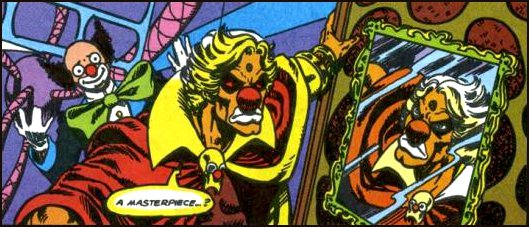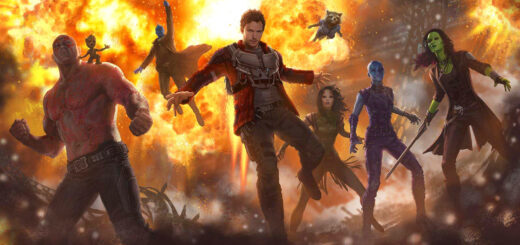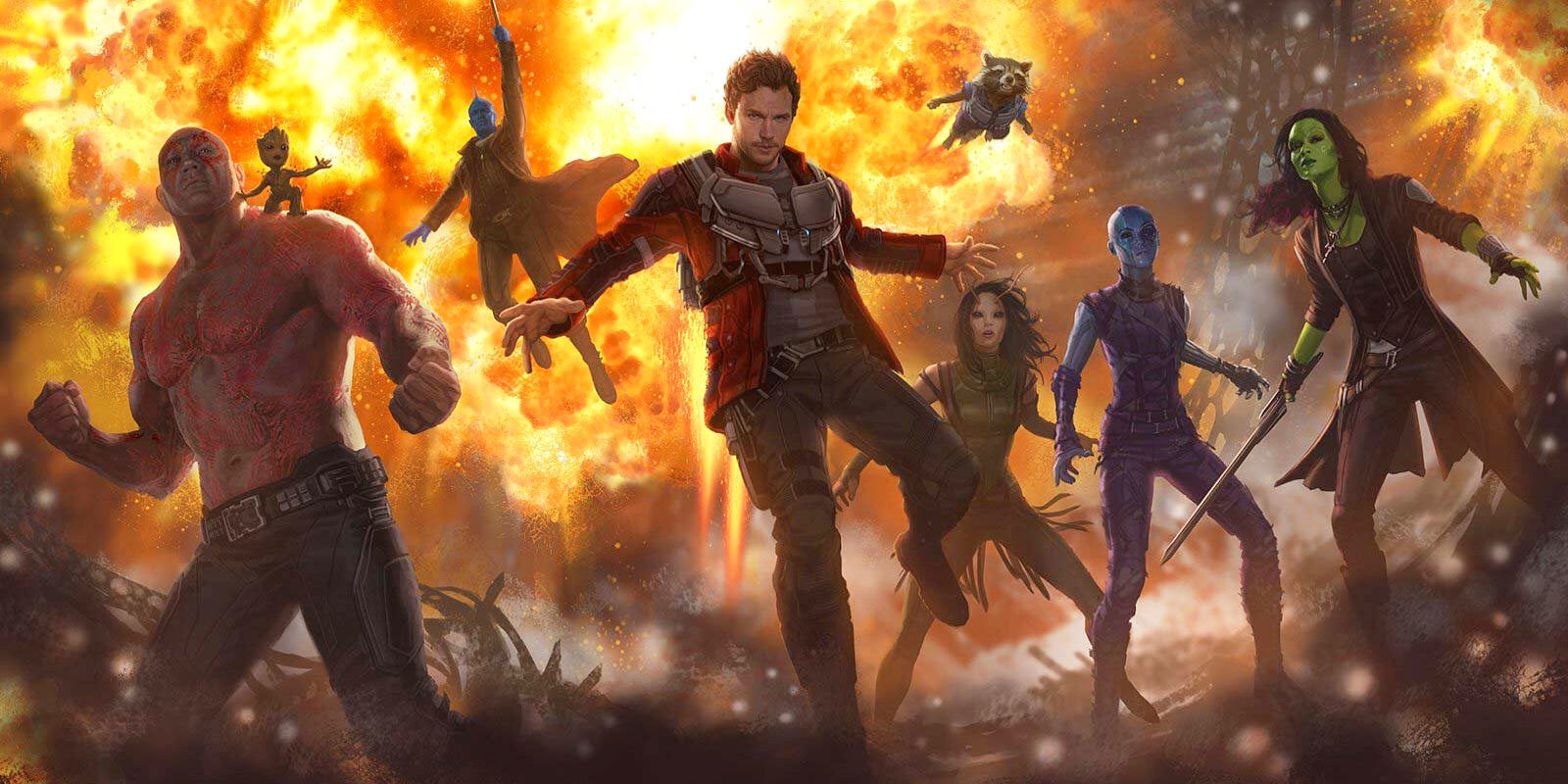Glenn Hauman: Is Binge-Reading Bad For Comics?
On a whim the other day, I decided to go re-read some old Warlock comics.
It was an extremely mind-blowing experience, and not for the usual reasons when reading Warlock.
The issues blurred by in a smear— or maybe that was the old crappy printing. The seams in the stories were much more visible than I remembered. Things that seemed deep and profound just came off as silly and obvious. Even Adam Warlock himself, instead of being the tormented golden child trying to find his place in the universe, sounded and acted like a whiny brat.
Why? What happened? Was this book hit by the suck fairy?
No, that wasn’t it. It was because I was taking it in waaaay too fast. These books were simply not designed to be consumed one after the other so quickly.
You may have noticed this phenomenon yourself.
Scott McCloud spends a chapter in Understanding Comics about the way time flows when you read comics, how time is perceived, and the relationship between time as depicted in the comics by the creators and how it’s perceived by the reader. But, amazingly, he missed one important unit of time— the gap in time (and therefore reading) imposed from publishing.
We’ve talked for a long time about comics being written for the trades — that moment where we gather up six or so issues at a time, every six months or so, and put them together for a single unit of consumption. But for a lot of history, comics weren’t like that. There were no trades to be had. There were just single issues that you had to wait a month for. (Or, depending on where you grew up, you waited a week for 5-8 page chunks of stories, either in The Spirit section of the Sunday paper or something like 2000 AD.)
There were gaps of time. Cliffhangers. Come back next issue, kids!
Comics creators in the past used those intervals at the same time they were constricted by them. Chris Claremont was mocked for years for reintroducing all the X-Men every single issue, but he knew that every issue was going to be somebody’s first, while other readers were just going to have forgotten who was who over a month’s time. (And over time, X-Men became the most popular title Marvel published. He had to be doing something right.)
The biggest beneficiary of this gap? I claim it was Watchmen. Readers were tossed into a such a deeply detailed world where we were trying to just get more – we had to read the back matter of the issues, the non-comics stuff which hinted at a much larger world because there was nothing else to read. And fans would pore over it and discuss and argue while waiting, waiting for the next issue.
Around 400,000 readers read Watchmen episodically, you can tell who was screaming over the three-month gap between issues #10 and #11. But since then, there’s been the Watchmen collected editions, which is the way most people have read it in the three decades (yikes!) since with a total print run well over 4 million copies at this point.
And I really have to wonder… how are the new folks reading it? Are they going straight through? Are they skipping over the text pieces, and maybe coming back later? I don’t know, but I do know that they don’t have to wait for the next installment… and that has to change how the book impacts you.
What do you think?














